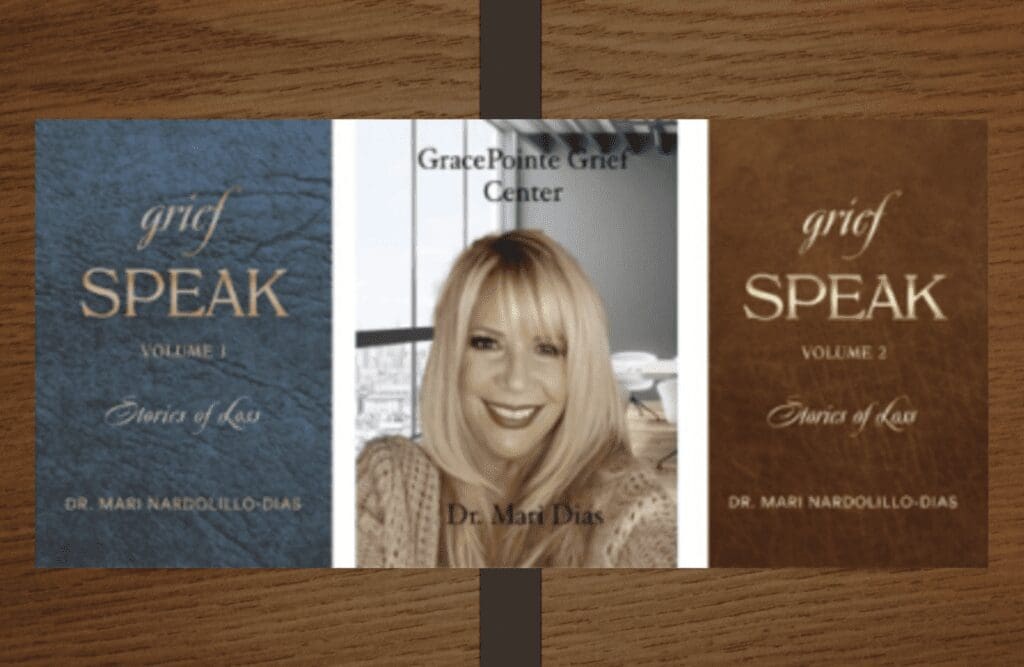Search Posts
Recent Posts
- Vinny Paz to be inducted TODAY into the International Boxing Hall of Fame – CES Boxing June 7, 2025
- In the News… quick recap of the week’s news (6.7.25) June 7, 2025
- Burn with Kearns: Strong without the spend: How scraps became strength tools – Kevin Kearns June 7, 2025
- Rhode Island Weather for June 7, 2025 – Jack Donnelly June 7, 2025
- How to advocate for threatened properties: The Heritage Alliance of Pawtucket June 7, 2025
Categories
Subscribe!
Thanks for subscribing! Please check your email for further instructions.

GriefSPEAK: Goodnight Moon, Goodbye, Mommy – Mari Nardolillo Dias
by Mari Nardolillo Dias, EdD, contributing writer
Last year I wrote an article about a foster mom whose daughter, Carrie, was taken away. Suddenly, without warning. Although Carrie’s biological mother had given her up, DCYF was able to find the biological father through a DNA test. According to my client, this man was not the best choice for Carrie.
Despite this, RI DCYF’s (Department of Children, Youth and Families) mission is always reunification with a biological parent. When DCYF arrived Carrie held onto the front door frame as if her hands were cemented to the house. She screamed and cried: Mommy, don’t let them take me away!” “We don’t have time for this”, said the social worker as she whisked Carrie into the car with a suitcase with the meager belongings her foster mom could gather in a short period.
My client, (Foster mom V), had provided love and a safe, warm home. She fought for all the necessary services for her daughter. She played games, and read to her every evening. “Good Night Moon”. Carrie was three years old. Fortunately, after almost a year, through a bizarre set of circumstances, Foster mom V saw Carrie again. “I remember you!”, Carrie exclaimed. You were my mommy!”
Last week, another foster mom arrived in my office. Same story. Same outcome. She (Foster mom B) was tasked with caring for another young girl, Annie. Annie, taken from her biological mom due to some evidence regarding sexual abuse, now lived in a warm, safe and structured environment. Foster mom B fought for all the necessary services and therapy available for her daughter. And she read to her each evening. “Good Night, Moon.”
Much like Carrie, Annie was removed. Suddenly. Without warning. Annie was five years old.
In both cases, my foster moms’ are grieving the loss of Carrie and Annie. Foster parents need to constantly remind themselves that the child is only theirs for a while. Unless the social worker indicates that the option for adoption is almost a guarantee. As long as the case remains “open”, DCYF will remain involved. And if the child has a roof over their head and food on the table, they will be returned to a biological parent. Unless the biological parent gives up their rights.
In the end, both Carrie and Annie were better off in their foster homes.
It is only fair that we look at the other side. One client, a biological mom, had her three adolescent children taken away due to her drug dealing and use. She came to me grieving the loss of her children, and vowed to devote herself to what was needed. She wanted to be able to “check all the boxes.” And she did. She went to rehab, and successfully completed anger management and parenting classes. As her children were shuffled through eleven different foster homes. These homes did not resemble Foster mom V’s or Foster mom B’s homes. In the end, they were better off with their biological mother.
Until we take each case individually, based only on the needs and safety of the child, the foster care system will be remain splintered. For those of you who are passionate about either side, I encourage you to contact CASA (Court Appointed Special Advocate) and volunteer. You will be the one that represents the child in family court. As a former CASA volunteer, I can assure you that you will be privy to the entirety of the case, and advocate for the child that you, in the end, know so well. It is truly a reciprocal gift.
___
Access all of Dr. Dias’ columns at: GRIEFSPEAK

Dr. Mari Nardolillo Dias is a nationally board-certified counselor, holds a Fellow in Thanatology and is certified in both grief counseling and complicated grief. Dias is a Certified death doula, and has a Certificate in Psychological Autopsy.
Dias is an Adjunct Professor at CCRI, and Professor of Clinical Mental Health, Master of Science program, at Johnson & Wales University. Dias is the director of GracePointe Grief Center, in North Kingstown, RI. For more information, go to: http://gracepointegrief.com/
